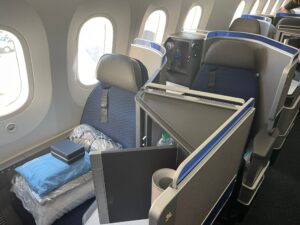No method of seeing the world is wackier or more wonderful than a cruise. That’s because there are certain things you’ll only encounter when you embark.
From odd jargon like “bunkering,” “I-95” and “poop deck” to strange superstitions like christenings and not toasting with a glass of water, cruises are different from any other kind of vacation.
To prove it, here are seven weird things you’ll only find when you set sail.
For more cruise news, guides and tips, sign up for TPG’s cruise newsletter.
Dining with strangers
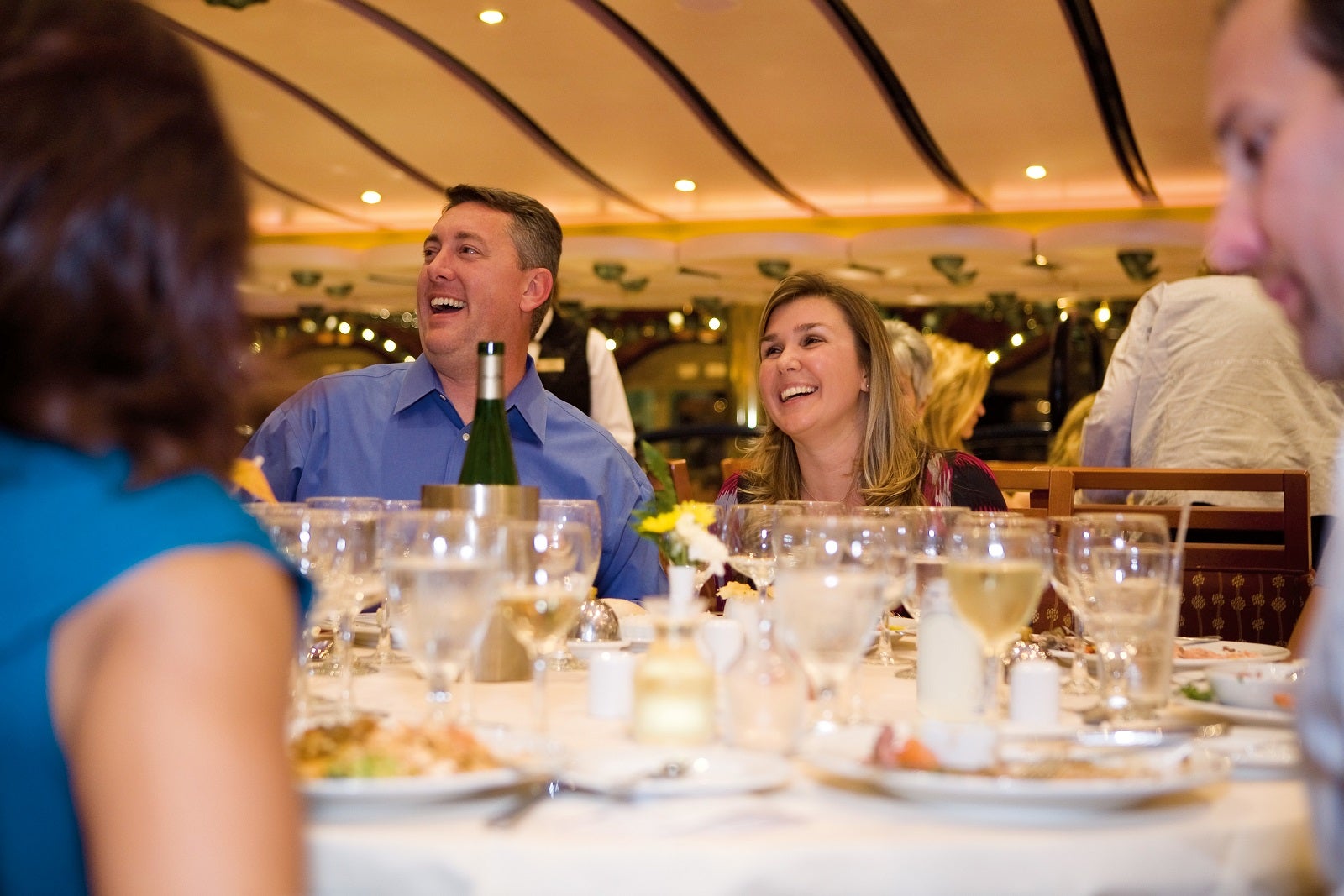
Imagine you have dinner reservations at a land-based restaurant, and when you arrive, the host escorts you to your table … where you find a group of strangers already seated and empty chairs awaiting your party. You would likely be confused or displeased.
Believe it or not, sharing tables is common practice on cruise ships. Especially if you’ve chosen assigned-time seating and you’re a small group or someone traveling alone, you can expect to dine at the same table as people who aren’t in your party.
Related: The ultimate guide to cruise ship food and dining
The concept might be shocking to some travelers, but it makes sense on ships, where the number of dining venues and seats is limited, and table placement can’t be rearranged to accommodate that week’s traveler groupings. As the crew must serve a lot of people in a finite amount of time, co-dining is necessary in some cases.
Paying with your room key
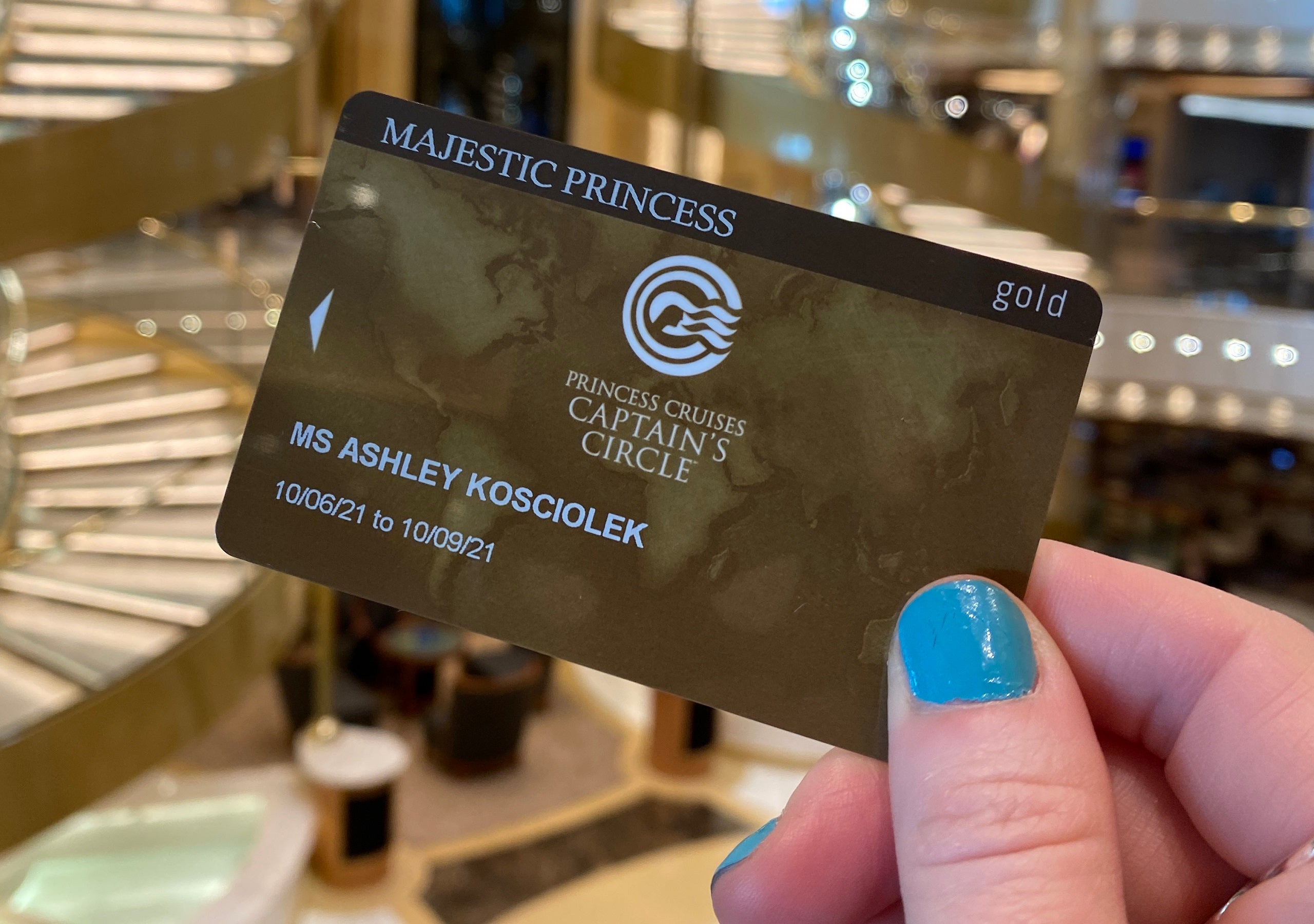
All payments on cruise ships are cashless. Before you sail, you’ll receive a keycard, which functions not only as your room key and means of leaving and returning to the ship when it’s in port but also your onboard charge card. Each passenger has to pony up a sum of cash pre-cruise to be loaded onto their card or connect a credit card to it in order to allow for charging privileges.
If you’re staying at a hotel, you can charge on-property purchases to your room, but you always have the option of paying with a credit card or cash — something you can’t do on a ship. So put your wallet in your cabin safe, and prepare to pay for everything from alcohol to casino play with the swipe of your room key. (Be sure not to lose your card by carrying one of these with you on every sailing.)
Related: 15 ways that cruising newbies waste money on ships
Rooms with virtual windows
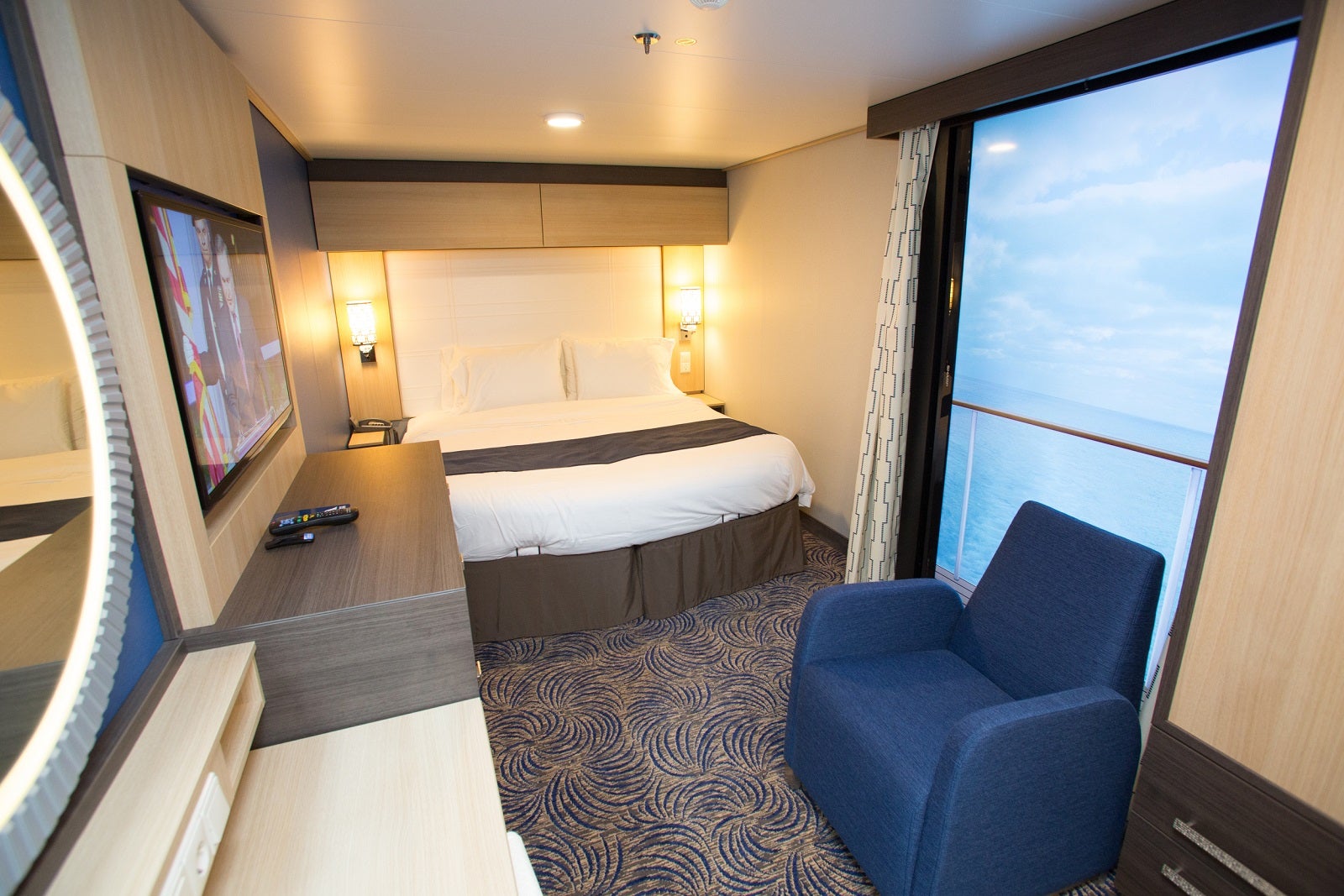
The most basic cabins on many cruise ships are inside cabins, which have no windows or balconies and, therefore, no natural light or access to fresh air. They’re terrific accommodations for passengers on budgets, those who prefer total darkness when they sleep and anyone who plans to be in their room only to shower and catch some zzz’s.
One of the weirdest types of inside cabins I’ve seen are those with virtual balconies (like the ones found on select Royal Caribbean ships) or “magic” portholes (which appear in certain cabins on Disney Cruise Line vessels). They broadcast either real-time virtual views via LED screens or ocean scenes with random visits from beloved Disney characters like Mr. Potato Head from “Toy Story” or Scuttle and Flounder from “The Little Mermaid.” Although some of Disney’s land-based resorts offer similar “windows,” they originated on board the brand’s ships.
Related: Ultimate guide to choosing a cabin on a cruise ship
Muster drills
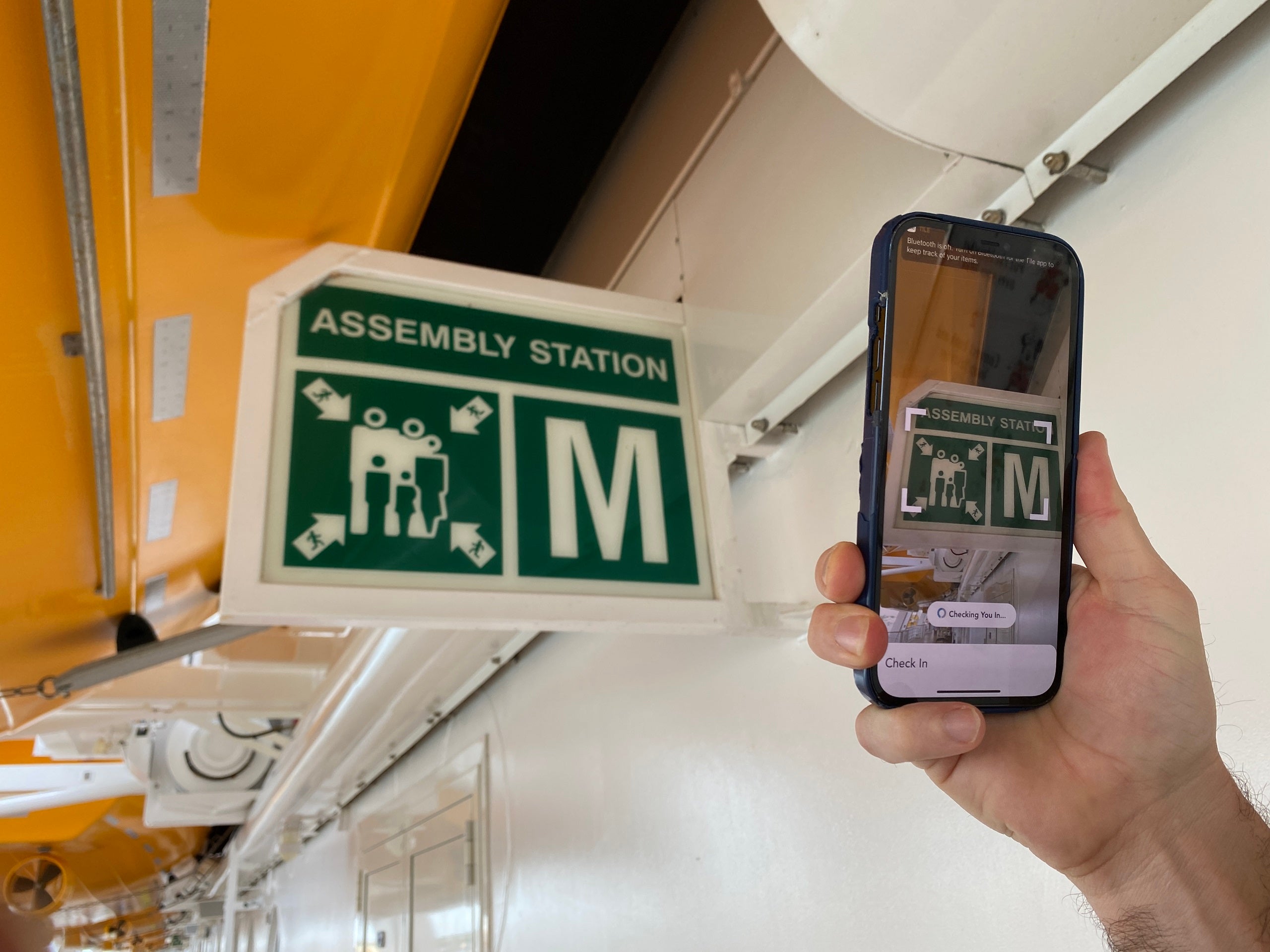
Safety is key on any sailing, and in that vein, passengers must complete muster drills that familiarize them with where their muster stations are and what to do in case of an emergency. They’re like the fire drills you had in school, minus the surprise element, and they’re required at the beginning of every cruise vacation.
I can’t think of a land-based vacation equivalent to the cruise ship muster. In rare instances, you might have experienced a blaring fire alarm during a hotel stay, but it’s not the norm, and it’s usually not a drill. Nor do you have to deal with safety equipment like life jackets or lifeboats. True, safety briefings happen before each flight you take, but they don’t last nearly as long, and you don’t have to move from your seat in order to attend.
Shops that only open after you leave the destination
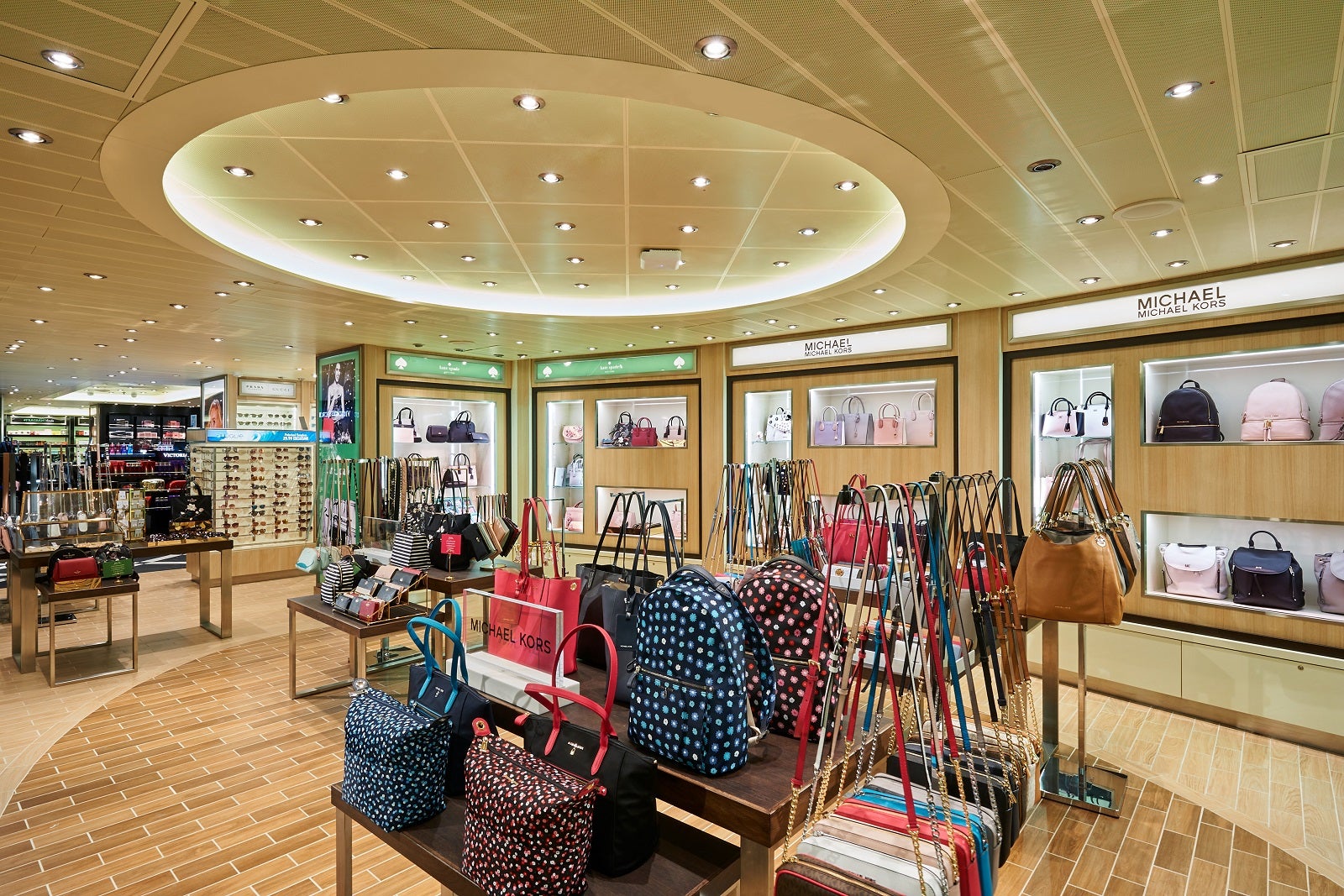
Cruise ships offer plenty of places to spend money, including casinos and shops that sell things like toiletries, souvenirs and duty-free items. But did you know they aren’t allowed to operate when the vessel is docked?
Due to regulations that aim to prevent passengers from spending money on board instead of ashore in most ports of call, retail shops and casinos can only open in international waters, which begin 12 miles from land. That means you can’t shop or gamble on your ship until after it has sailed away from the ports you’re visiting.
Related: 11 things you should never buy on a cruise ship
Formal nights
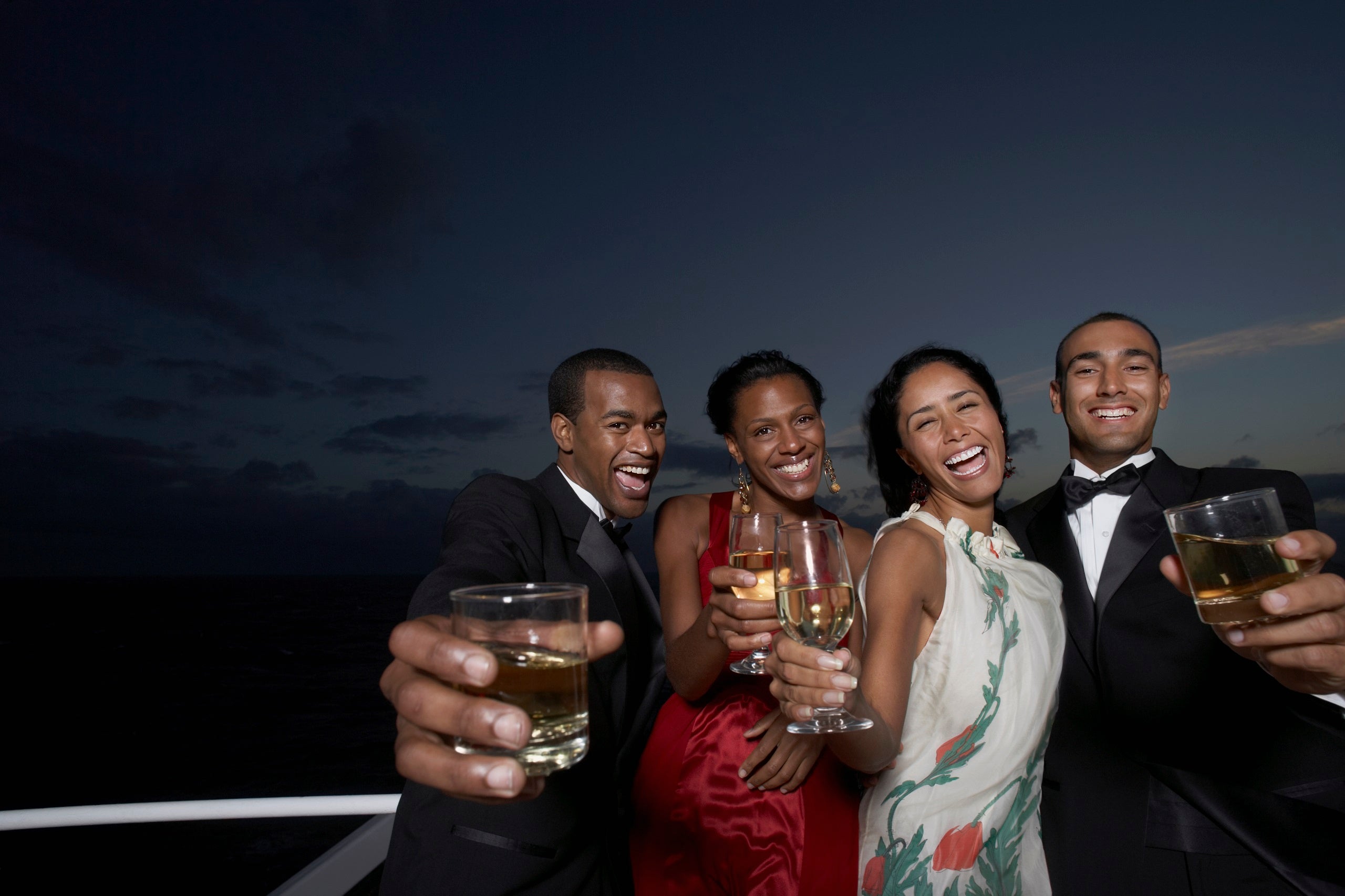
Formal nights have been a leisure cruise staple since the days of classic ocean liners. Personally, I can’t imagine a better excuse to dress up, but many travelers can’t understand why they should have to pack bulky formalwear and dress to the nines on what is supposed to be a relaxing getaway. Luckily for those folks, onboard dress codes have been relaxed quite a bit in the last several years, and formalwear is now optional on most cruise ships.
Assuming you don’t violate standard “no shoes, no shirt, no service” rules, no other vacation type requires you to dress up or bans you from dining in the main restaurant if you refuse to comply, as is the case on ships with strict dress codes. Cruisers choosing not to meet the level of elegance required on some formal nights could find themselves forced to eat at the buffet or order room service.
In-house TV programming
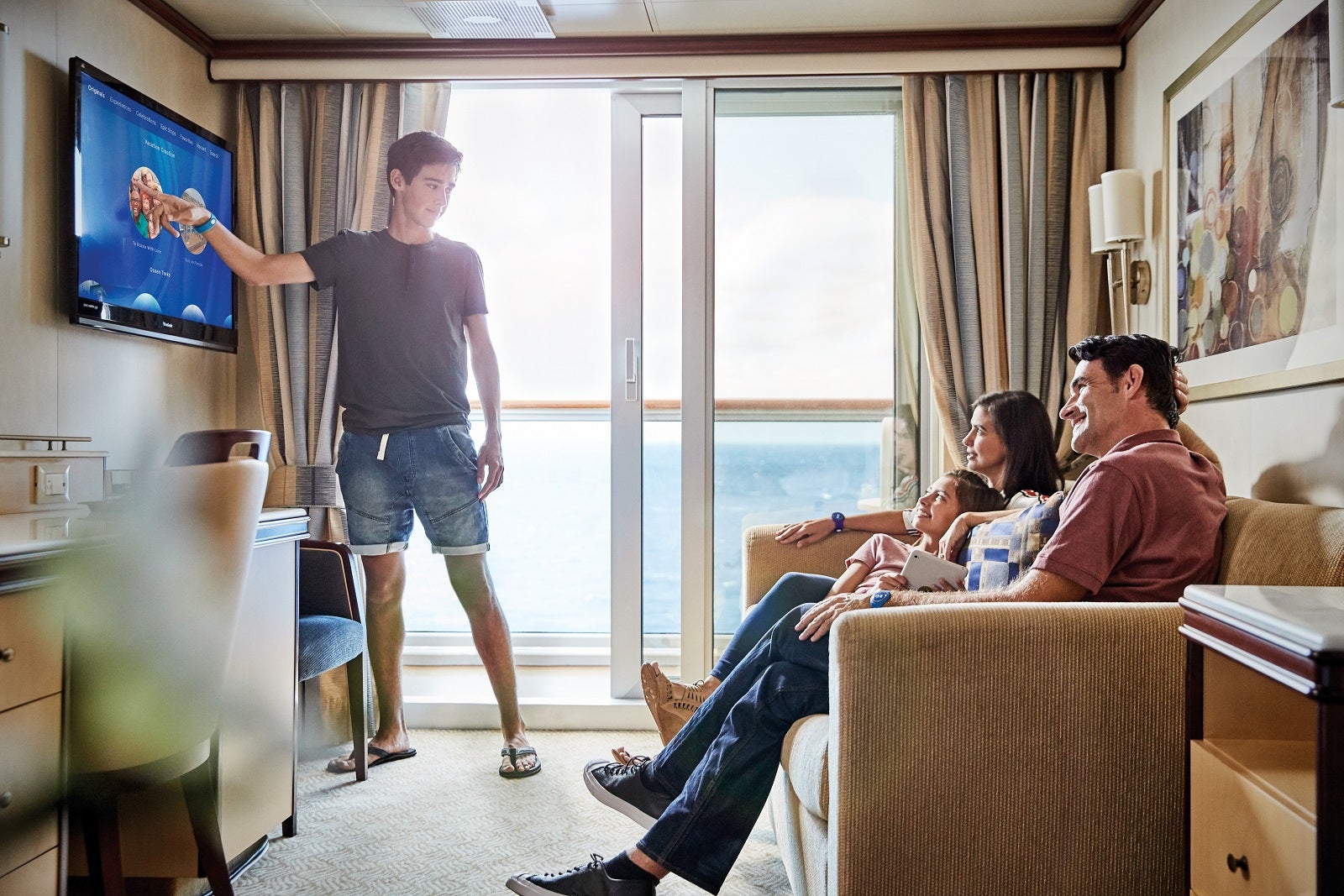
Cruise ships offer televisions in each cabin, but due to copyright laws, broadcasting restrictions and the availability of reliable satellites, live channels are often limited to basic news like CNN, FOX, the BBC and a select few others, along with on-demand movies and a navigational channel that allows you to see where your ship is in real time.
However, one odd addition to the channel lineup is house-produced programming, which is recorded by the cruise line. It could include port talks, educational lectures, spa and jewelry seminars and even daily shows produced by the cruise director or other members of the entertainment staff. If you love catching up on cable shows when you’re in hotels, be prepared for a different selection of shows when you cruise.
Planning a cruise? Start with these stories:
- The 5 most desirable cabin locations on any cruise ship
- A beginners guide to picking a cruise line
- The 8 worst cabin locations on any cruise ship
- A quick guide to the most popular cruise lines
- 21 tips and tricks that will make your cruise go smoothly
- 15 ways cruisers waste money
- 12 best cruises for people who never want to grow up
- The ultimate guide to what to pack for a cruise


